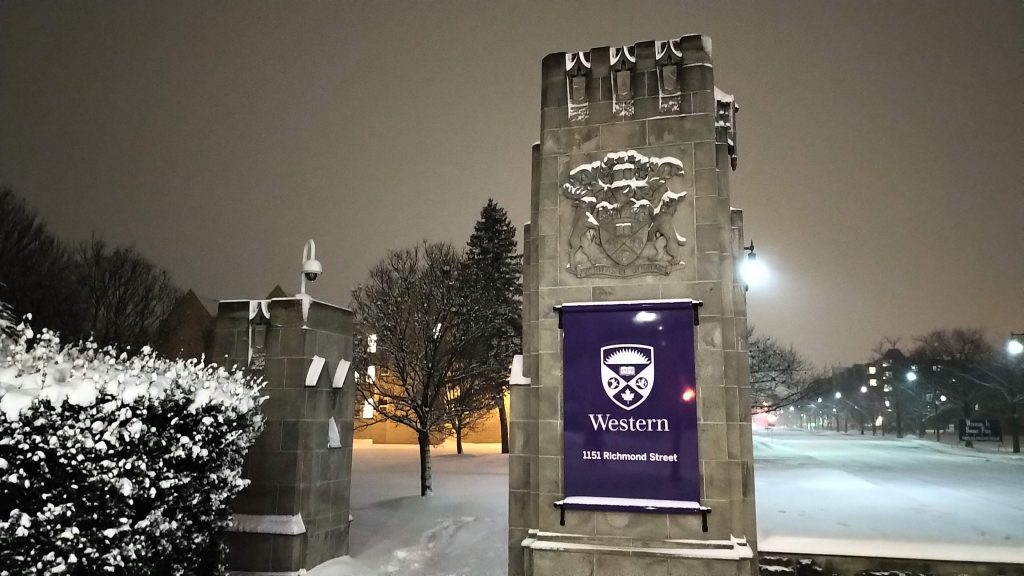Post-secondary education will look like a computer screen this fall.
As post-secondary schools develop solutions to the COVID-19 pandemic, many are deciding to keep classes online in the fall, and continue physical-distancing protocols determined by health officials.
The University of Waterloo and Laurier University, among others, are the latest schools to announce that all large classes will be provided online in the fall. Their statements reflect that there will be aspects of some programs that can still happen in person.
“We continue to work together to identify aspects of programs and activities we can deliver in person, as aligned with public health requirements,” Laurier President Deborah MacLatchy said in a statement.
Waterloo President Feridun Hamdullahpur defined UofW’s strategy as a “combined approach to learning.”
“This could mean clinical programs, smaller undergraduate classes or seminars and research-based graduate students working in labs. Any in-person activity will meet strict guidelines for physical distancing and other public health requirements,” said Hamdullahpur in a message sent to students.
“[This] September will be unlike any we have ever experienced,” said MacLatchy.

These announcements follow statements from other universities across Canada earlier this week.
On Monday, Concordia and McGill announced via a media release that they would be moving entirely online for the fall semester.
On Tuesday, UBC announced they would begin transitioning research back on campus in June, but that most learning would continue to be online.
“Conducting on-campus research and scholarship will be limited to those who require on-campus resources and cannot conduct this work remotely,” said UBC President Santa J. Ono and UBC VP Research and Innovation, Gail Murphy in a message sent to students and faculty.
“As a reminder, and in keeping with public health guidelines, the majority of our faculty and staff will need to continue working remotely, wherever possible,” added Ono and Murphy.
On Wednesday, Western and Queen’s announced plans that align with the announcements made today by Waterloo and Laurier.
“It is becoming increasingly unlikely that public health circumstances will allow a return to normalcy by the fall,” said Queen’s Provost Mark Green in a virtual townhall according to the Queen’s Gazette. “While this does challenge the in-person experience for which we are renowned, I am confident that our spirit of innovation and collaboration will guarantee an outstanding fall semester for our students.”

On Thursday, the University of Ottawa announced they would be moving online in the fall. UofO President Jacques Frémont noted that details have not been finalized yet.
“A campus committee is working closely with public health authorities on a number of different scenarios for a progressive return to campus for students and employees,” said Frémont in a statement. “Clearly, it will not be business as usual for several months. For now, most employees will continue working from home.”
Today, in addition to Waterloo and Laurier, Ryerson University joins the institutions moving to online fall programming.
#BREAKING: Most of @RyersonU‘s fall 2020 courses will be offered online but president Mohamed Lachemi also notes that there is also a potential to mix online and in-person courses—more to come ⬇️https://t.co/X9VOA7XBmP
— The Eyeopener (@theeyeopener) May 15, 2020
Major Ontario colleges have not made announcements this week regarding the Fall 2020 semester.
This article is not an extensive list of all post-secondary fall-semester announcements, If we did not mention an institution, make sure to check that school’s website for updates.
This article was originally published on GuelphWire.
(Reporting by Jack Fisher; Editing by Scotty Hertz)






